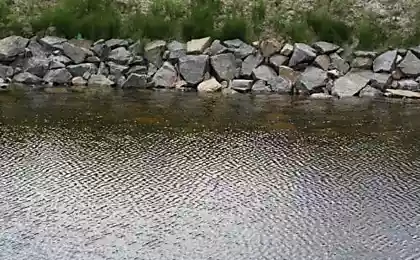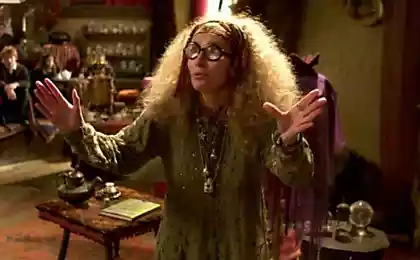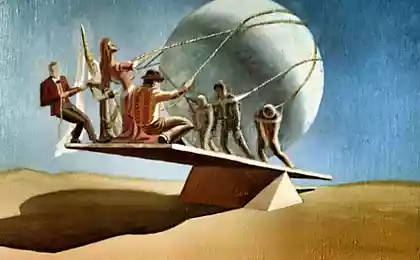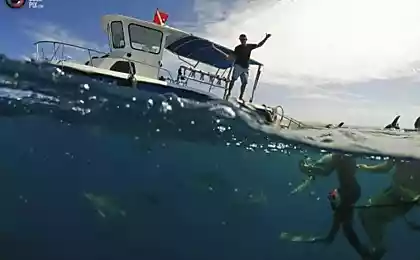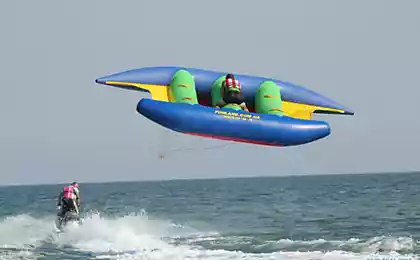119
The geography teacher sat down and asked which sea has no shores.
Why study geography?? Is it just to be able to handle any crossword puzzle? In fact, such knowledge provides incredible food for the mind. A person learns to think critically, finds differences and relationships, better understands how the world around him works. Therefore, people who love geography will definitely be able to benefit from the knowledge gained.
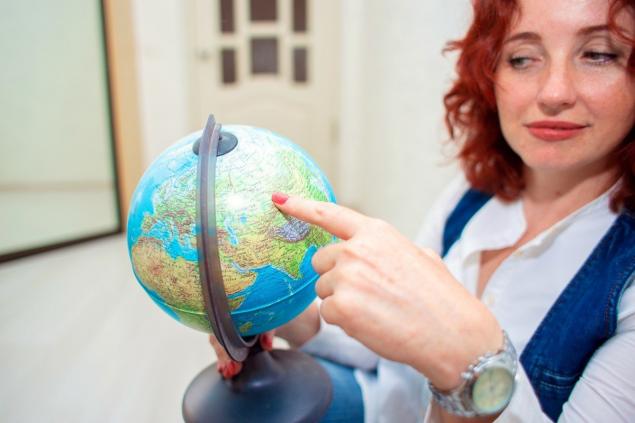
Why study geography and today's edition "Site" A little refreshment of what we learned in school. I wonder how many of our readers will be able to answer at least half the questions correctly. After all, even a self-confident gold medalist hardly remembers everything. What can we say about those who often bring home threes in the diary.
Tips and answers
We hope that these questions and answers helped to refresh the memory of geography. Someone must have learned something new for themselves. Write in the comments how many questions were answered correctly. And do you remember the name of your high school geography teacher?

Why study geography and today's edition "Site" A little refreshment of what we learned in school. I wonder how many of our readers will be able to answer at least half the questions correctly. After all, even a self-confident gold medalist hardly remembers everything. What can we say about those who often bring home threes in the diary.
- Which European country has no problems with mosquitoes at any time of the year?
- Which river crosses the equator twice?
- What is the name of a sea that has no coast?
- In Western Europe, there is a country whose capital is problematic. What state are we talking about?
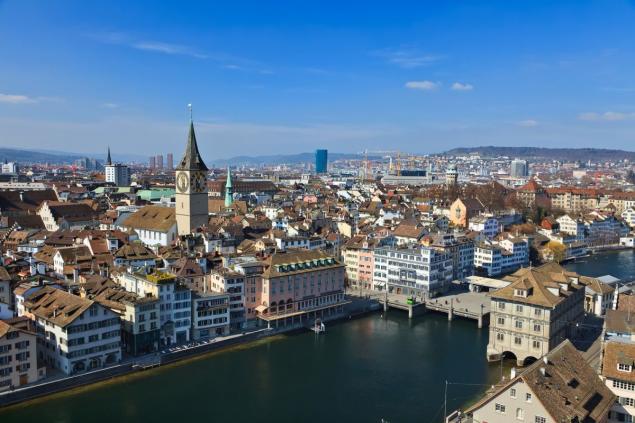
- Which European country produces the most olive oil?
- The main city of which state has such a long name that it was even included in the Guinness Book of Records?
- What geographical area is called Titicaca? What continent is it located on?
- Which country has a non-rectangular flag?
- Which European flag is similar to the flag of Indonesia?
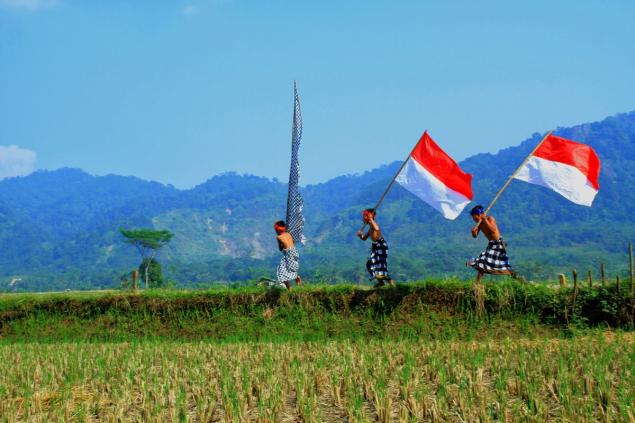
Tips and answers
- Iceland has such a harsh and variable climate that even ubiquitous mosquitoes have not been able to adapt to it. That's why mosquitoes aren't here.
- It is the Congo River that flows in Central Africa. And let the length of this river is inferior to the Nile, but surpasses it both in fullness and depth.
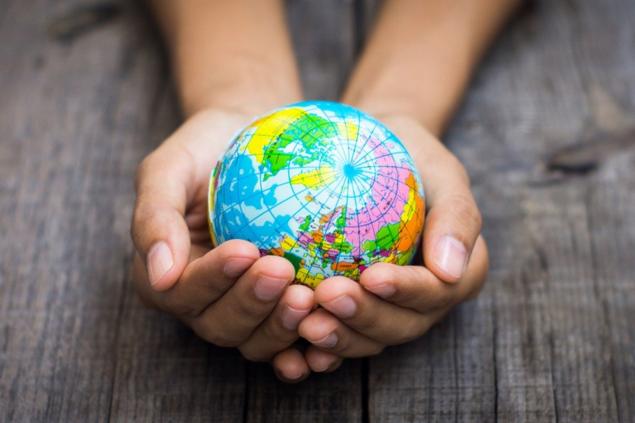
- The Sargasso Sea has the most amazing borders. The fact is that it is surrounded not by a solid bank, but by currents: the Gulf Stream in the west, the North Equatorial Current in the south, the North Atlantic Current in the north, the Canary Current in the east.
- The political center of Switzerland is considered a small Bern. The city is not officially recognized as the capital.
- There are about 300 million olive trees in sunny Spain. Needless to say, more than half of all European needs for olive oil is provided by Spain. Olive oil is often referred to as Spanish liquid gold. The Spanish export this product to more than 100 countries.

- The capital of Thailand, which we know as Bangkok, has a very long official name. It consists of 168 characters and is listed in the Guinness Book of Records.
- Lake Titicaca is located in South America. This is where the largest fresh water reserves on the continent are stored.
- Nepal, located in South Asia, has an unusual flag in the form of a combination of two pennants.
- At first, you might think that we are talking about the flag of Poland, which also consists of white and red (only the sequence is different). The flag of Indonesia is almost the same as that of Monaco. The only difference is that the flag of Monaco is slightly narrower.
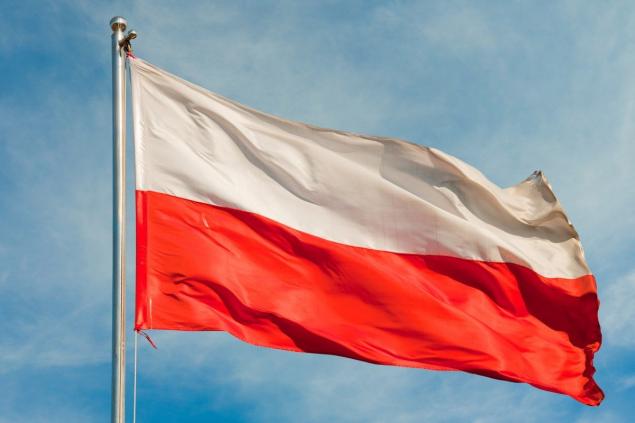
We hope that these questions and answers helped to refresh the memory of geography. Someone must have learned something new for themselves. Write in the comments how many questions were answered correctly. And do you remember the name of your high school geography teacher?
In order not to pay for heat at a double tariff, the cunning neighbor insulated the house, I immediately repeated after him.
What men should be deprived of paternity without delay






